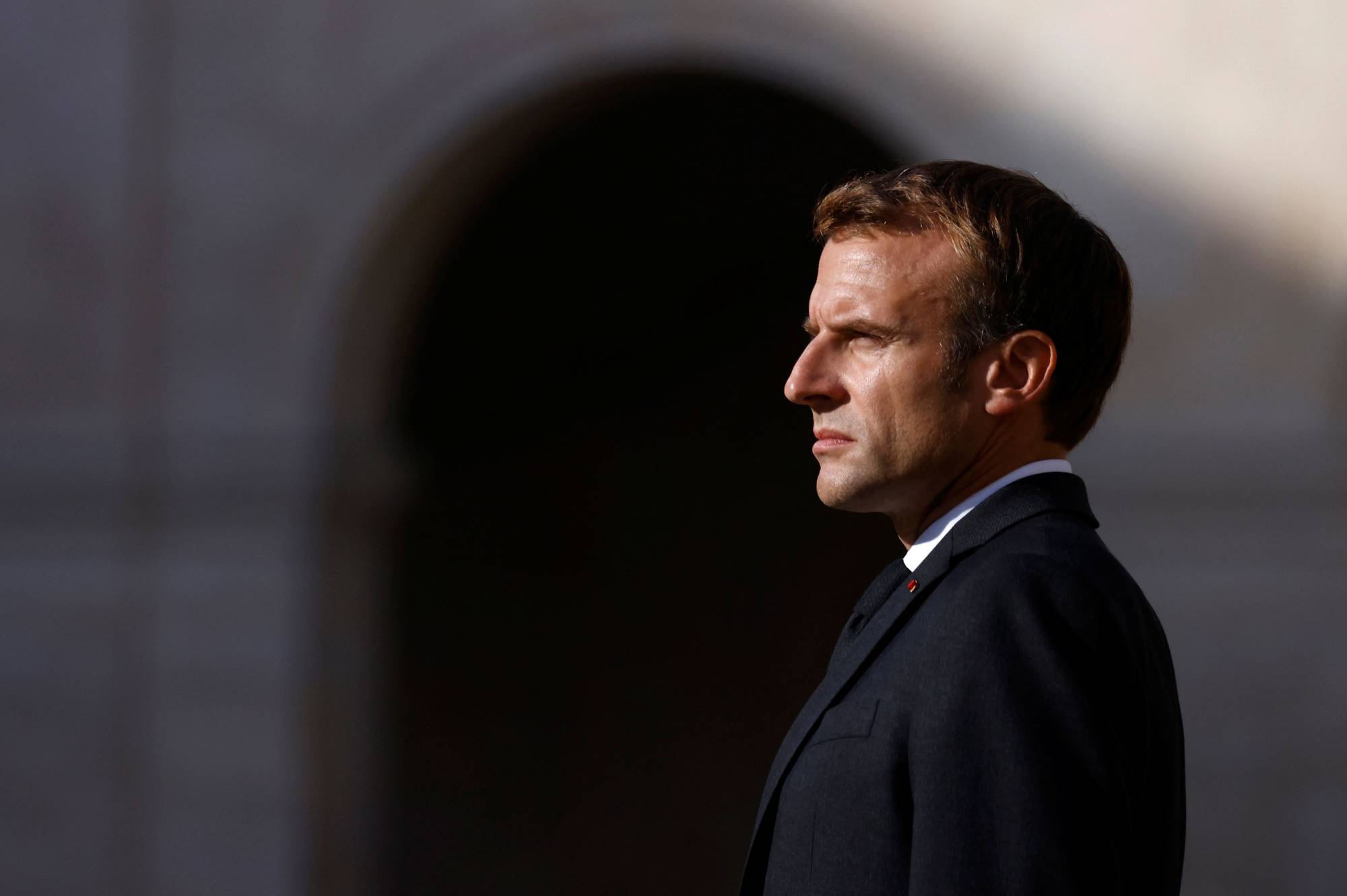Hadi Dolatabadi told the Strategic Council on Foreign Relations that at the beginning of the Ukraine crisis, France tried to play a mediating role and has always tried to be a bridge between East and West and to present itself as a third force between the East and West blocs.
He cited a European official as saying that France’s policy of mediating between Russia and Ukraine has been a major setback.
He said that France is the only member of the European Union with a nuclear weapon, and before this position and the definition of its position, it requires more strategic maturity than other countries.
Dolatabadi added that nuclear weapons are defined in French doctrine as deterrent, and the country’s policy of entering the war is conservative.
Referring to Paris moves to deliver 18 mobile cannons, known as Caesars, to Ukraine, which has played a significant role in destroying Russian tanks, he said that in recent months, Europeans have sent large quantities of weapons to Ukraine. During these months, France had to take the role of the rotating presidency of Europe, and at the same time, due to the presidential election, it focused more on domestic issues. Now that the situation is over, France is moving from a conservative state to a change of approach.
French policy of maintaining an intermediatory strategy
Dolatabadi said at the end of June and the end of France’s presidency of the European Union, Macron loses the opportunity to play a mediating role, adding that after 40 billion dollars of US aid to Ukraine, France felt it was behind the aid convoy and therefore decided to send some weapons to Ukraine.
“Of course, Macron later stressed that Russia should not be humiliated in order to reach a diplomatic solution after the end of the war in Ukraine. These positions show that France is still trying to have its own intermediatory strategy.”
This university professor said Macron stressed that France could still act as a mediating power.
“Ukraine’s foreign minister has called Macron’s position a factor in humiliating France, but it seems that despite all the pressure and criticism of France’s position, the country will continue to take an intermediate approach, while providing assistance to Ukraine. He will try not to write off the confrontation with Russia at the expense of France, as a country that claims to lead Europe, and not to lead this process”.
Dolatabadi said that despite sending weapons to France, Russia is reluctant to open a new enemy or close the windows of diplomacy, and wants France role to remain open to dialogue.
Weakening idea of European single army
Dolatabadi said in the current situation, the volume of aid to Ukraine is very high, and France is obliged to provide aid in various forms. France’s main approach, however, is not to make NATO so strong in Europe that the project of an independent European army is forgotten; Of course, this idea is fading as we see the decision of Nordic countries to join NATO; Because these same countries did not accept European defense in the “Maastricht Treaty”.
He said that as NATO’s power in Europe increases, so will France’s influence.
“Prior to the Ukraine War, part of Europe considered Russia a hypothetical enemy, but it is now clear to Europe that Russia’s hostility was not an illusion. With the expansion of NATO, there will be a series of crises, and in these circumstances, the idea of a European army will not have a chance to materialize”.
Challenges in the ideas and principles of French foreign policy
Asked about the prospects of French foreign policy at a time when its foreign policy ideas and principles are facing many challenges, Dolatabadi said that in any case, the main idea of France is not to escalate the war, because Russia was a good trading partner for France and they were very close commercially and culturally. Before that, France was the first country to secede from the Western Front and try to approach the Soviet Union and establish moderation. In this crisis, too, France does not want the bipolar world to re-emerge at all.
“With the developments that have taken place in recent years, France has gradually considered its power more and more, after the political election, the main European word was heard in French. After the end of Merkel’s presidency in Germany, this dimension of French power increased. But with the Ukraine crisis, Macron’s ideas for European leadership have been completely called into question, which is why France is trying to end the situation.”
He said that despite all these tensions, France does not want a bipolar world.
“France’s policy is not to be completely in line with US policy and the Anglo-Saxon front, and it is critical of Boris Johnson’s performance.”
He emphasized that Macron has been in regular contact with Putin since the Russian president ordered his troops to enter Ukraine, saying that “given that France does not see its interests in creating a bipolarity in the international system, in these circumstances, it prefers to maintain minimal and symbolic policies and approaches to play its traditional mediating role.”










0 Comments